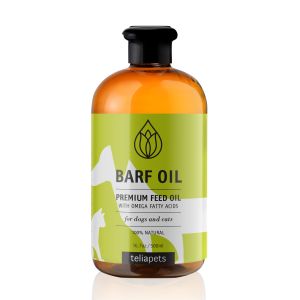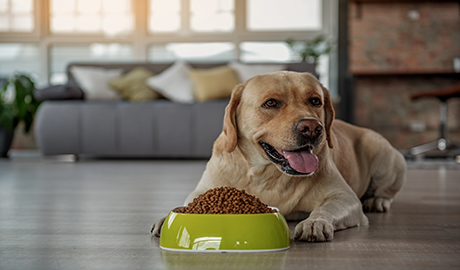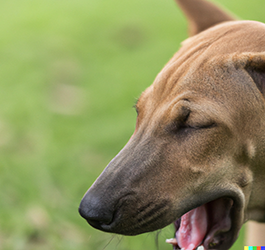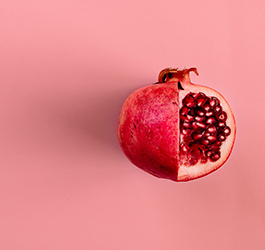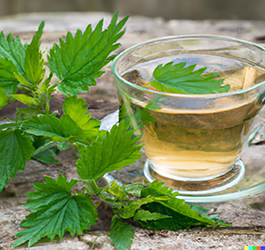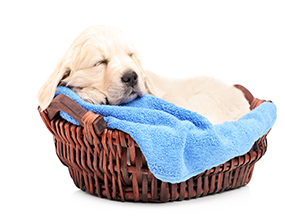Do Dogs Smell Better on Raw Diet?
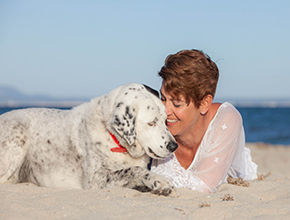
As a dog owner, you may have noticed that your furry friend can sometimes have a less-than-pleasant smell. From bad breath and coat odors to excessive gas, these issues can make sharing your home with a canine companion a little challenging at times. You may have heard that switching your dog to a raw diet, such as the Biologically Appropriate Raw Food (BARF) diet, could potentially help with these smell-related concerns. In this article, we will explore whether a raw diet can improve your dog's smell and discuss the reasons behind these changes.
The BARF diet consists of raw, unprocessed ingredients, such as meat, bones, fruits, vegetables, and dairy. Proponents of this diet argue that it more closely resembles the natural food intake of wild animals, providing a more balanced and healthier diet for your dog. But how does this diet affect your dog's smell?
One of the most noticeable benefits of a raw diet is its potential impact on bad breath. A significant contributor to bad breath in dogs is the accumulation of plaque and tartar on their teeth, which can harbor odor-causing bacteria. Chewing raw meat and bones can act as a natural toothbrush, helping to remove plaque and tartar, and promoting better oral hygiene.
As a result, many dog owners have reported an improvement in their pet's breath after switching to a raw diet.
Another aspect to consider is coat odor. Some pet owners claim that their dogs have a fresher-smelling coat when fed a raw diet. This improvement could be attributed to the higher-quality protein sources and reduced carbohydrates found in raw diets. High-quality protein can contribute to healthier skin and coat, which can lead to less oil production and reduced odor.
Additionally, a raw diet may help alleviate excessive gas in dogs. Gas can be caused by various factors, including the fermentation of undigested food particles in the gut. The raw diet is thought to be more easily digestible for dogs, allowing for more efficient nutrient absorption and potentially reducing gas production. Moreover, eliminating certain ingredients commonly found in commercial dog food, such as grains and fillers, may also contribute to a decrease in gas and odor.
However, it is essential to acknowledge that individual dogs may react differently to a raw diet, and improvements in smell may not be universal. Furthermore, the potential benefits of a raw diet should be weighed against the risks, such as bacterial contamination and the challenge of providing a balanced, nutrient-rich diet.
In conclusion, there is evidence to suggest that a raw diet may improve certain aspects of a dog's smell, including bad breath, coat odor, and gas. These improvements can be attributed to factors such as better oral hygiene, higher-quality protein sources, and easier digestion. However, it is crucial to consult with your veterinarian before transitioning your dog to a raw diet and to carefully consider the potential risks and challenges associated with raw feeding.

 de
de el
el
